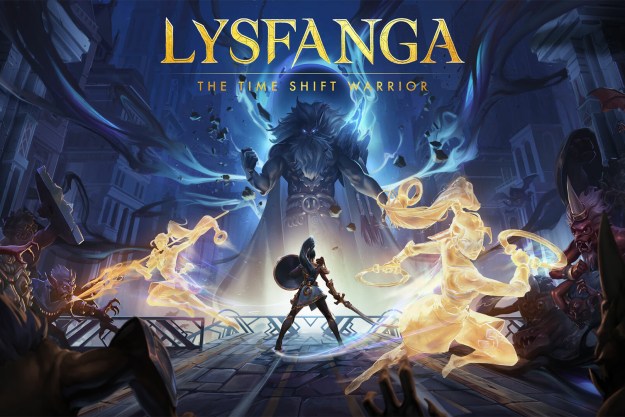
Razer and a new Ouya publishing entity will work to satisfy previously involved Free the Games
“Razer has a real interest in supporting indie developers and furthering the expansion of Android (FtG) developers, while creating a more open, sustainable distribution model that benefits gamers and expands revenue opportunities for all parties involved.
Razer plans to back the new Ouya to fulfill an estimated $620,000 fund established for FtG developers who had signed FtG agreements with the original Ouya and who fulfill their FtG agreement milestones and related commitments on Kickstarter.
Qualified FtG developers will need to sign up with the new OUYA for a new publishing agreement.
Financial terms will remain largely the same with one notable exception. Advances under the FtG agreements demanded commercial exclusivity to the Ouya platform. Under the proposed new agreements, Razer and Ouya publishing will forgo exclusivity in favour of developers providing an equitable amount of their FtG-funded titles to gamers for free on the Cortex TV platform. For example, if $10,000 is funded toward a $1 game, then 10,000 games at $1 would be given away at no cost to gamers on Cortex TV. Ouya publishing will not limit developers in any instance to one or another platform, but will promote publishing to all Android platforms-Google Play, Cortex TV, XiaoMi, Alibaba, and the likes.
Razer has a real interest in supporting indie developers and furthering the expansion of Android gaming on TV. Moving forward with this plan will ensure that both interests are met, as openly, widely, and beneficially as possible. Razer did not acquire hardware, agreements, pre-existing liabilities or debts from Ouya-only software related to the Ouya store and content catalog. Razer must sign new agreements with FtG developers, since there are no existing legal or non-legal developer relationships. Razer’s credo is “By Gamers. For Gamers.” Giving back to gamers, game developers and those who support the gaming lifestyle is what it’s all about.”
Original Story on 7-28-2015: Indie developers expecting a cash reward for releasing Ouya versions of their games may not get what they’re owed following the platform’s recent purchase by hardware manufacturer Razer, according to an Engadget report.
An anonymous developer eligible for Ouya’s “Free the Games Fund” tells Engadget that Razer nullified the deal over a series of phone calls earlier this month, despite long-standing promises from Ouya’s previous owners.
In 2013, Ouya announced that it had earmarked $1 million for the “Free the Games Fund,” an initiative that provided financial incentive for indie developers to release exclusive games for the company’s $100 Android microconsole.
To be eligible for funding, developers agreed to make their games Ouya-exclusive for a minimum of six months. After the period of exclusivity ended, Ouya would then match the funding amount developers had earned from a linked Kickstarter project, up to a maximum payout of $250,000.
Ouya later revised its terms in order to address criticism and make funding more accessible for smaller studios. Afterward, the Free the Games Fund required developers to reach a $10,000 minimum funding goal on Kickstarter, with at least 100 backers logged for every additional $10,000 received afterward.
According to affected developers, Ouya quietly updated its Free the Games Fund contract earlier this year, adding a clause terminating all agreements in case of the company’s insolvency, bankruptcy, or discontinuation. Razer’s recent purchase of Ouya apparently absolves either company of payment under the updated terms.
Razer allegedly told a Free the Games Fund developer earlier this month that they would not receive Ouya’s promised $30,000 in matched funding. “Razer/Ouya’s insistence that these deals are gone is causing us to have to majorly restructure our plans leading up to release,” the anonymous developer told Engadget. “The remaining money owed from the fund is essential to us in our last stages of marketing and QA, as well as a resource for continued content updates of the game after initial release.”
Razer has not issued a response regarding Ouya Free the Games Fund developer allegations.
Editors' Recommendations
- The best indie games for 2024
- Our favorite indies of 2023: 10 unforgettable games you need to try
- The ‘Indie’ label is losing its meaning, and that’s a big problem for gaming
- This witchy indie will challenge your idea of what a ‘narrative’ game looks like
- Venba celebrates South Indian culture through more meaningful video game cooking


